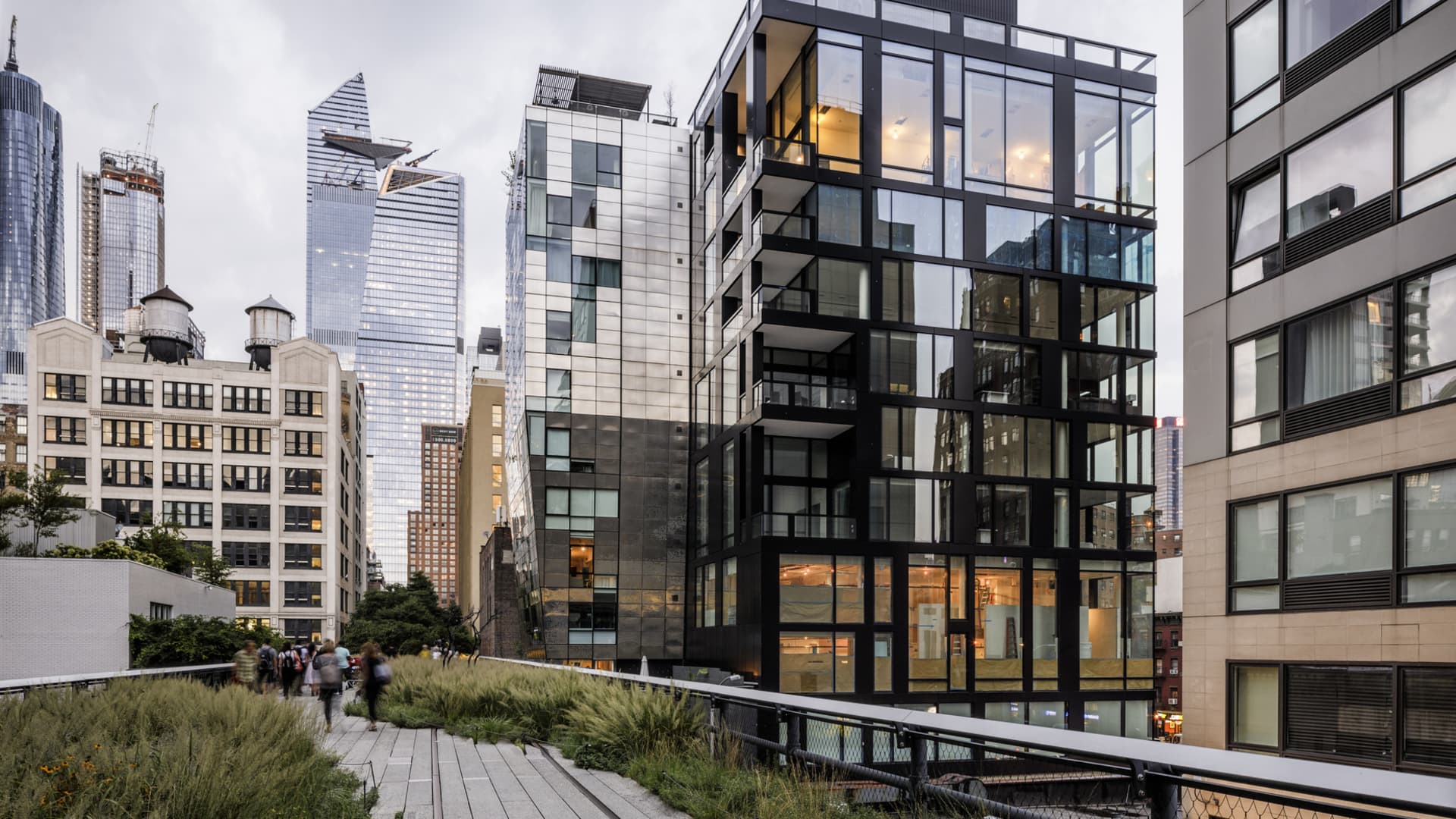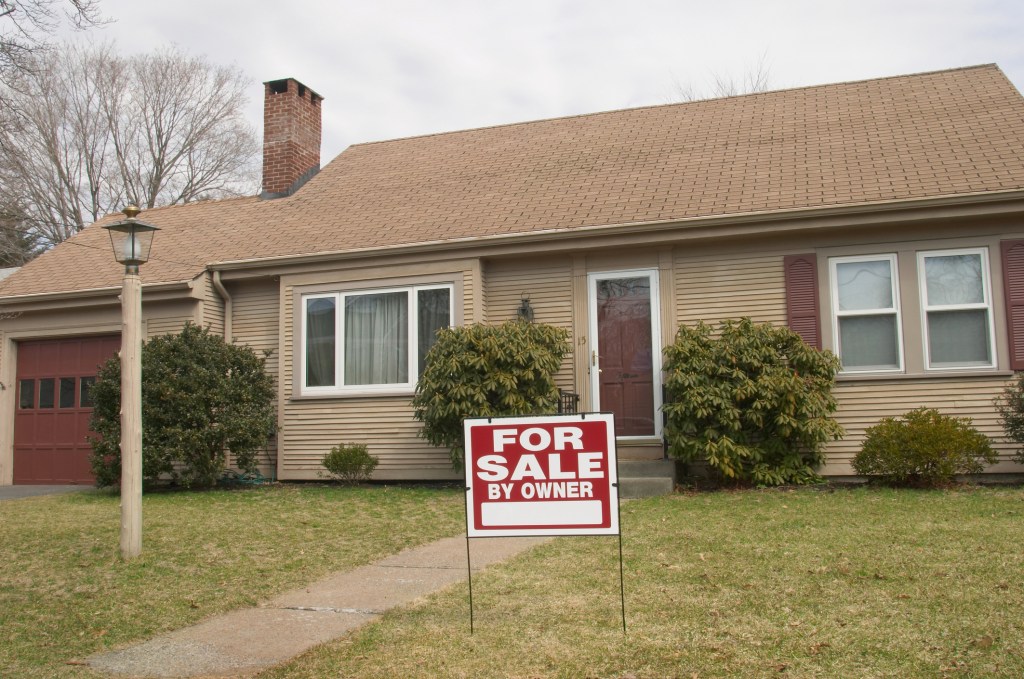F
irst published in CNBC’s Inside Wealth newsletter with Robert Frank, this article reports that more than one‑third of Manhattan condo resales between July 2024 and June 2025 closed at a loss. The high‑end market performed better, but overall the median price per square foot has been flat for a decade, according to Brown Harris Stevens. When inflation, transaction costs and renovation expenses are added, the share of sellers who actually lost money is likely higher. Co‑op prices have followed a similar trend.
“Manhattan has essentially been moving sideways for the last decade,” said Jonathan Miller, CEO of Miller Samuel, a real‑estate appraisal firm. This long‑term weakness contrasts sharply with the national market, where home prices have risen sharply since the pandemic, sparking an affordability crisis. Only 2 % of national sellers who bought pre‑pandemic face a loss, Redfin data shows.
Manhattan remains one of the most expensive U.S. markets on a per‑square‑foot basis. In Q3 the median sale price was $1.2 million, the average just under $2 million, per Miller Samuel and Douglas Elliman. Over the long term, the timing of a purchase matters more than location. Buyers before 2010 saw median gains of 29 %–45 % in the past year; those who bought 2011‑2015 gained only about 11 %. Buyers from 2016‑2020 had a 50 % chance of selling at a loss, while 2021‑2024 buyers saw only modest gains, though some who bought during the deep Covid downturn may fare better.
Adding transaction costs (6 %–10 %) and ignoring renovation, maintenance, and tax costs would further erode returns. Inflation has risen 36 % over the past decade. “If I bought a Manhattan condo in September 2015 at the peak and sold it in August 2025 for the same nominal price, I would have lost 36 % in real terms,” said Stijn Van Nieuwerburgh, co‑director of the Paul Milstein Center for Real Estate at Columbia University. By comparison, the Case‑Shiller national index rose 89 % over the same period, far outpacing NYC’s 36 % inflation.
Several factors have contributed to Manhattan’s “lost decade.” The 2018 cap on state and local tax deductions, a 2019 rent‑law change, and the migration of high‑earners to Florida during Covid all weighed on demand, though the population rebounded quickly. The only exception was the top tier: apartments priced at $10 million or more consistently delivered double‑digit profits, regardless of purchase date. Brokers attribute this to concentrated wealth, rising stock markets, and cash buyers who are insulated from interest‑rate swings. In Q3, two‑thirds of condo deals were cash transactions, well above the historical average of 53 %.
Despite the losses, brokers see the current upswing as an opportunity. “I’m bullish on New York real estate,” said Jared Antin, executive director at Brown Harris Stevens and co‑author of the report. “While some sellers lost money over the decade, the losses were negligible. The market remains blue‑chip and stable.” Sellers who bought during the 2020‑21 dip could also profit now.
However, median prices near all‑time highs and uncertainty surrounding the upcoming mayoral election keep many high‑income buyers on the sidelines, opting to rent even when they can afford to buy. The number of NYC households earning over $1 million a year who rent more than doubled between 2019 and 2023, reaching 5,661, according to RentCafe. Contracts for high‑end apartments ($4 million+), which had risen in July and August, fell 39 % in September, per Olshan Realty. Brokers blame a sharp inventory decline and lack of new condo supply, not a drop in demand or political fears. “Policy risk exists, but it’s often overblown,” Miller said.














